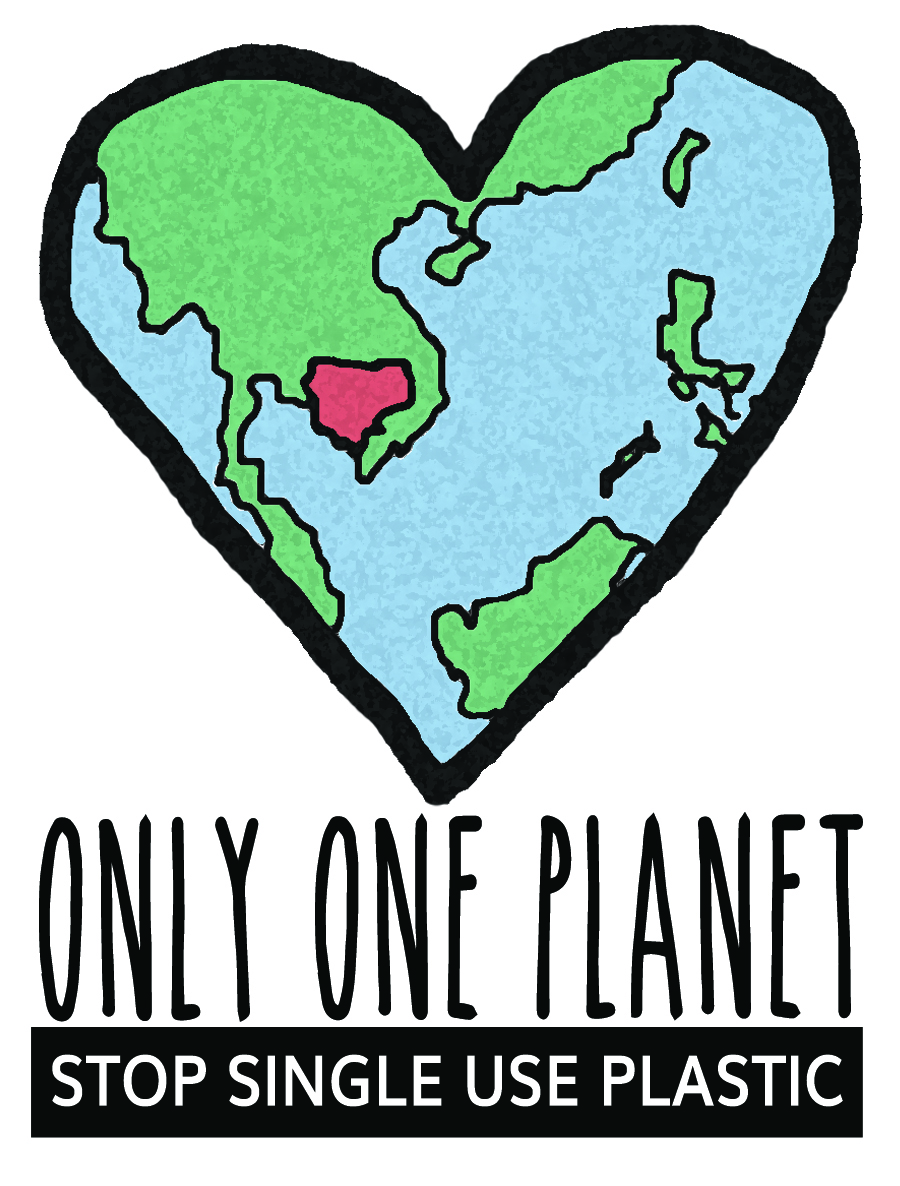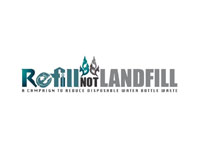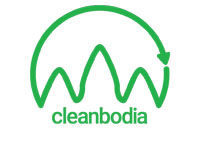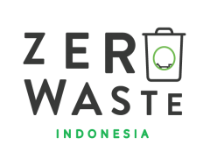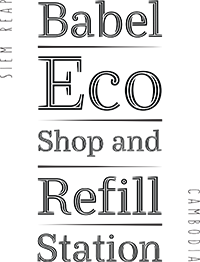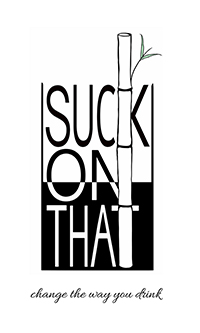Southeast Asia Info
From 2014-2019 I lived in Siem Reap, Cambodia and helped businesses and schools throughout Cambodia and Southeast Asia in places like Malaysia, Laos, Myanmar and Thailand in reducing single-use plastic and creating environmentally sustainable practices for their business.
My background is tourism, and my vision is to reduce the impact of tourism on local communities and environment. By working with hotels and tour companies, the positive impact has a wonderful ripple affect on their work, families and guests, which can be extremely positive and rewarding for them and for the environment.
Cambodia also has a lot of NGOs (I also worked for a time in child protection and responsible tourism – so please please read up on this if you’re considering volunteering anywhere in the developing world – my first advice is not to. That’s another story though, let’s focus on the plastic). Education is such a focal point in Cambodia, if you work in a school and want to change the way plastic is used and disposed of, it’s not just education, it’s also awareness that needs to change. Giving free bottles will have little to know effect if they don’t understand the reasons why, I’ve heard over and over complaints from people who’ve supplied bottles and lunch boxes but don’t know why students don’t use them.
Start with teachers and staff, they need to be on board first and become role models for their students and help them create good habits for the environment. It’s not a ‘one and done’ activity, environment needs to be an ongoing discussion and should be part of regular meeting agendas. For environmental practices to improve, then the focus needs to go there and build over time.
If you would like help, we have two trainers in Cambodia who can facilitate a training workshop with your team to get the ball rolling, then it’s up to you to make this part of your regular discussion and have your staff create their own lessons for students. This is the most sustainable way to solve this problem.
Whilst I’m now living in Australia, I spend a lot of time in Southeast Asia continuing on this work. Sustainability Strategy, Consulting and Training are some of the most impactful and rewarding parts of my work, and Southeast Asia is my second home on this planet, I want to keep helping guide sustainable development.
Our freelance staff based in Cambodia keep things moving whilst I’m in Australia. Sai is based in Siem Reap mainly and Chenda is based in Phnom Penh, both are available to travel to other locations to teach, costs are to be covered by the organisation engaging our services. They both have a beautiful way of engaging an audience on the topic of reducing waste.
Plastic Free Southeast Asia is NOT a charity or NGO, training is a service we provide and rates apply. At this time we do not have a sponsorship or donation program.
Need some supplies? Check out these places:
Plastic Free July promo tools (right click, save as…)
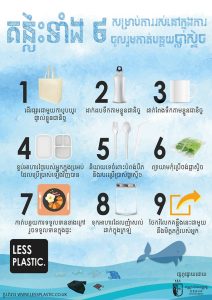
![]()
![]()
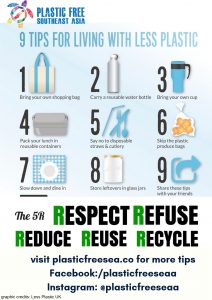
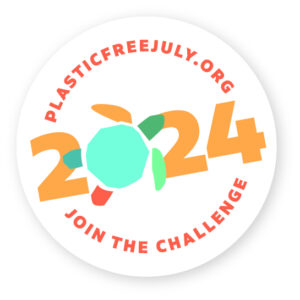

Reward a business you know!
Not every business can go 100% plastic free but we can still acknowledge the good work they do! Know a street seller who has real plates on hand? Or a coffee cart that gives discount for BYO cup? They should be applauded for doing what they can, every bit counts. So print out this poster (6 to a page fits nicely… so write several “love letters” for one place or a few!). Right click to download.
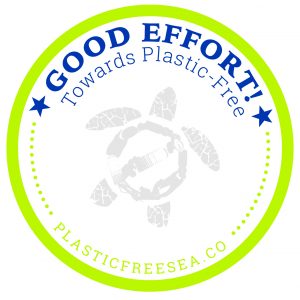
About PFSEA
Podcast interviews
Low Tox Life
Sustainable Nation
Business with Purpose
Wanderlusts Mind
The Altruistic Traveller
Social Mission Revolution
Recycling plastic in Southeast Asia
All plastic is really bad for our health and environment. So the best choice is to stop using plastic all together, or reuse certain plastics such as lunch boxes if you don’t have a non-plastic alternative. The ways to reuse plastic are available on the page for individuals. In Cambodia there are limited recycling plants, whilst countries such as Thailand, Malaysia, Vietnam and Indonesia do have recycling facilities, they are insufficient for the volume of plastics being sent there (Malaysia now taking the bulk of plastics globally since China stopped permitting imported plastic for recycling). Additionally, some facilities are illegal, plastics being sent are contaminated and therefore unable to be recycled and not all supply channels are above board. There is an informal system of recycling workers in the region, in Cambodia they’re called edjai. They take or buy plastic bottles, cans, cardboard and some other items deemed valuable that they can sell to recycling depots who transport the waste to recycling facilities, currently in Thailand, Malaysia and Vietnam. This local system is the best option, so separate your waste and put it in a place that’s easy for it to be collected. You may want to talk with your landlord or directly with your local collectors to set up the best system for you.
Reduce your impact
Tips : + Keep all things in one plastic bag. + Get a shopping basket so you don’t need to use plastic bags. + Use refillable water bottle. + Use the chan srak/tiffin/lunch box. + Don’t use plastic straws. See more on the DIY page.
Garbage collection
Garbage collection throughout the region only services a small percentage of waste collection. The rest is either burned, buried or thrown onto illegal dump sites or in waterways. In Cambodia there are two dominant waste collection companies; Gaea – operating in Kampot and Siem Reap and Cintri – operating in Phnom Penh, Battambang and Kampong Cham. KSWM (Kampong Som Waste Management) operate the waste collection in Sihanoukville. Waste Collection Company of Kratie City collect the rubbish in Kratie.
Tourism impacts from plastic pollution
Most hotels provide a lot of room amenities, bottled water, plastic bags, take away packaging, straws, straws, STRAWS packaged in plastic! And that’s just the plastic we can see as a customer, what about the rest that is used for laundry, the kitchen, staff meals and more.
There are 818 properties currently* listed on booking.com for Siem Reap alone!!
What does that mean for local communities? So many impacts! Waste management is basic at best, recycling barely exists, the drive of the tourism industry affects locals in many ways (community, economical – not as good as you might think, environmentally and socially). For plastic alone we can see an increase in brand names like Starbucks, therefore turning locals into consumers of these products too – and with more consumption comes a tide of plastic. Where does it all go? In the canals, on the road, in the rivers, in the ocean and in the jungles around the temples. Some makes it to landfill, but not enough. The rest is burned, causing a myriad of unmeasured environmental and health problems.
Videos about plastic
Please feel free to use these videos in accordance with any copyright laws applicable, always credit the owner of the video if publishing online.
Common Questions
Check here, we’ve put together some more information you might find useful.
Looking for something else? Send us an email.
Want to take empowered action?
If you want to make a change for the better and find people who understand you, get helpful, sensible advice, then become a member! You'll be invited to join a private supporters group just for our members, where you'll feel right at home. If you're not sure where to start, then we can help take the confusion away and get you focused and feeling good. It’s easy to sign up on Patreon – a creative platform that helps us manage this program! SIGN UP today.
Be the first to know and don’t miss a thing!
Inspiration to your inbox! Social media is so busy, make sure you get the best info and advice that we offer by having it go straight to your email box.
